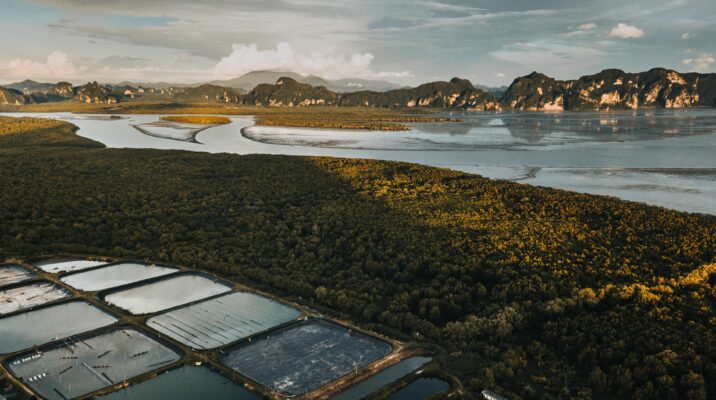Against a background of increasing intensity of economic growth coupled with a rapid population increase and unprecedented urbanization processes in developing Asia, the International Human Dimensions Programme on Global Environmental Change (IHDP) organized the ‘IHDP Training Workshop on Asian Development Pathways in the Context of Transitions towards a “Green Economy”’. The workshop, which discussed one of the central themes of the human dimensions of global environmental change (GEC) was held over a week (17th – 21st October 2011) in Nanjing, China, and provided ample opportunities for interaction among the participants, senior scholars and key policy experts. Each training day began with a series of lectures given by renowned scientists and experts in the science-policy interface. In the afternoons, participants formed working groups to address particular aspects of the Green Economy. While participants came from various professional backgrounds, including the scientific, public and private sector, particularly young regional researchers were enabled to take part in this capacity-building event. Accordingly, the workshop offered a great example of regional capacity building with international outreach and of the integration of local stakeholders into existing international research and policy networks. Participants identified goals of a Green Economy, such as equity, inclusiveness and compatibility amongst other important social and political values, while considering which developing pathways are most feasible or desirable on the road towards a Green Economy, with particular regard to the rapid economic development in Asian countries. As a result of their investigations, the workshop did not only raise the participants’ critical understanding of the human dimensions of GEC but also increased their capacity to conduct research on topics relevant for the development of the Asia-Pacific region.
Project • CBA2011-04NSY-IHDP

